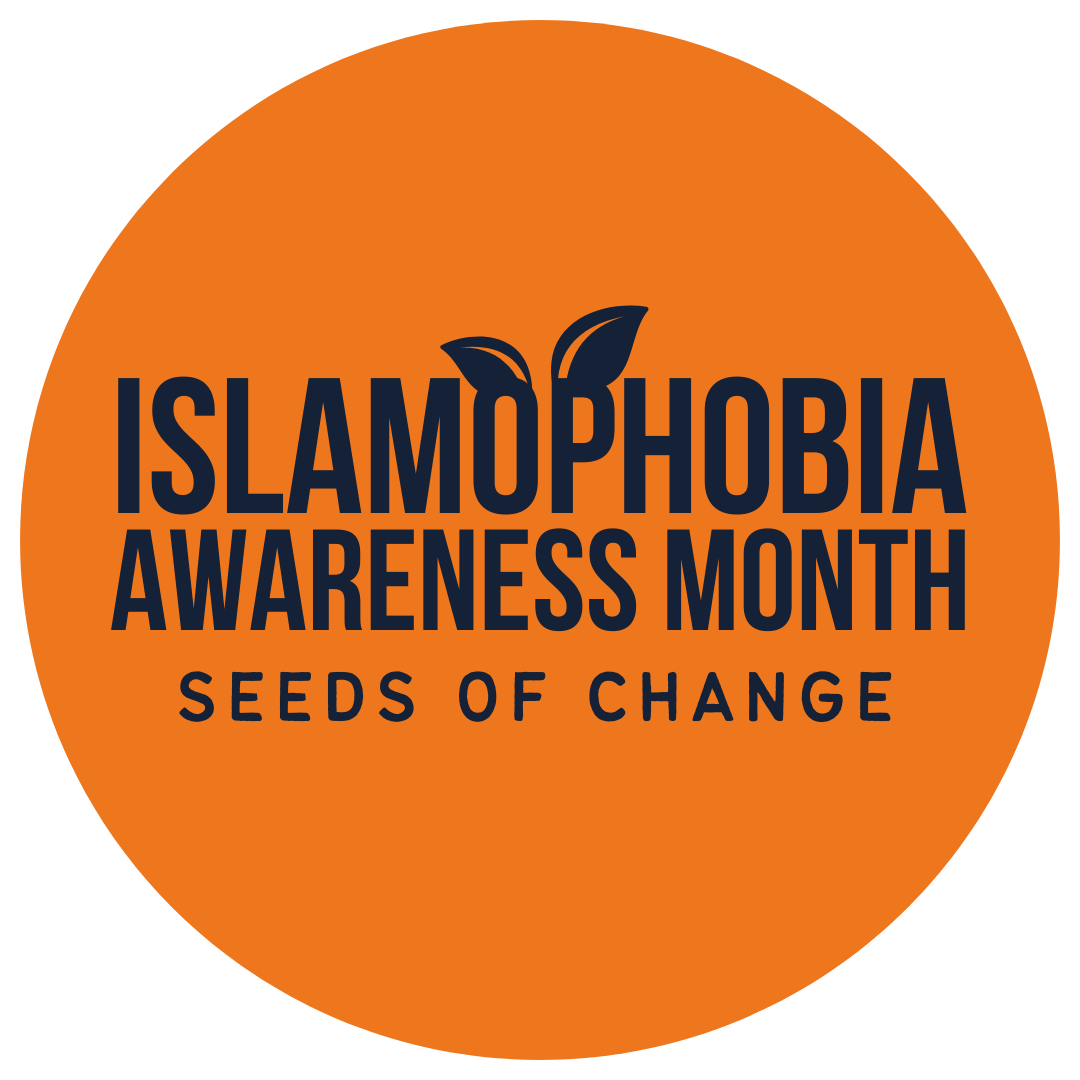Osama, a Mental Health Foundation Young Leader, shares his story to help promote awareness of Islamophobia and the impact it can have on your mental health.
Content warning: this blog mentions depression and suicidal feelings, please read with care.
I am sure we all believe that the United Kingdom is an inclusive and welcoming country. We have made strides. However, I'm sorry to be the bearer of bad news. We are far from that. One way I’ve seen this most starkly is in the Islamophobia that sadly remains widespread in British society.
Islamophobia is rooted in racism and is a type of racism that targets expressions of Muslimness or perceived Muslimness. This definition created by the All-Party Parliamentary Group (APPG) on British Muslims is used widely, with the notable exception of the government. This definition helps with public understanding of Islamophobia and allows us to talk about it in a more informed and considerate manner.

How common is Islamophobia in Britain?
There are worrying views and social attitudes towards Muslims in British society.
These statistics show the prevalence of anti-Muslim sentiment in the UK. These sentiments lay the foundations for other forms of Islamophobia, including harassment and violence.
When we look across the UK at instances of Islamophobic hate crime, we can see that this has been increasing. These figures are bound to be higher when you consider how likely people are to report this, for reasons like distrusting the system.
- 3,459 hate crimes committed against Muslims in England and Wales, between April 2021 – March 2023. Compared to 2,703 the previous year [4]
- 995 Islamophobic hate crimes recorded in London between April 2021 – March 2023, which was an increase on the previous year [5]
- 3/4 of Muslims in Scotland believe Islamophobia is becoming worse [6]
These statistics alone are shocking enough for change. However, nothing has really changed, just words and no real action.
How has Islamophobia affected my mental health?
Looking at this from my personal experience, Islamophobia has been impacting my life and my mental health since primary school. For example, in school someone said I had a bomb in my bag and threw it in the bin. Another time, they told people not to be my friend or go near me as I was a terrorist.
What happened in school affected my mental health greatly. I felt rejected and isolated and it messed with my self-confidence. Having fewer friends meant more isolation and feelings of helplessness which led me to have depression and suicidal thoughts, which is still affecting me, and brought on my persisting social anxiety.
The support was non-existent then and sadly I know it's the same now as my 16-year-old sister faced Islamophobia in school recently.
It wasn’t just my mental health that it affected. It also made me change who I am. Like becoming an atheist, drinking alcohol, getting tattoos – all to try to look and seem more “normal” and to show I’m not that different, that I’m not a Muslim. I even went by Sam.
What can we do about Islamophobia?
More needs to be done to address Islamophobia in schools to make it a safe and encouraging environment that will enable Muslim students to thrive in education. Also, people of authority like teachers, police etc. need Islamophobia awareness training to better understand and help people rather than being dismissive and not being sure how to help.
What really helped me finally talk about this and open up about my experience was the fact that I want to make positive change and help as many people as I can. Also, I realised that the vast majority of people are not full of hate but love. People just need to understand and learn more, which I hope this Islamophobia awareness month is successful in doing.
Get support
Islamophobia is never okay. If you experience it in any form, remember that how you feel matters and you deserve support. It can help to talk to someone about it, whether it’s someone you know or by calling a support line.
- The Islamophobia Response Unit (IRU) is an independent charity dedicated to supporting people affected by Islamophobic incidents in England and Wales. Call their helpline on 020 3904 6555.
- Measuring Anti-Muslim Attacks (MAMA) is a secure and reliable service that supports victims of anti-Muslim hate, and allows people from across England to report any form of Anti-Muslim abuse. Call 0800 456 1226.
- Muslim Youth Helpline provides faith and culturally sensitive support for young Muslims. Call their helpline on 0808 808 2008.
- Muslim Women’s Helpline offer listening support, help women in a crisis situation, as well as providing information about legal rights. Call 0800 999 5786.
- Samaritans are there to listen and help you talk through whatever is going on. Call 116 123.
For more ways to find support, visit our get help page.
Get involved
Islamophobia Awareness Month happens every November, with the aim to raise awareness of Islamophobia in society. The theme for 2024 is #seedsofchange.
Support Islamophobia Awareness Month
Related content
Racism and mental health
Black, Asian and minority ethnic communities: Mental health statistics
Stigma and discrimination
[1] Equalities and Human Rights Commission - Developing a national barometer of prejudice and discrimination in Britain, October 2018 (equalityhumanrights.com)
[2] Pew Research Center - Eastern and Western Europeans Differ on Importance of Religion, Views of Minorities, and Key Social Issues, October 2018 (pewresearch.org)
[3] Comres - MEND Islamophobia poll October 2018: A survey of British adults on Islamophobia in British society, October 2018 (savanta.com)
[4] Statista - Islamophobic hate crimes England and Wales 2022 (statista.com)
[5] Statista - Islamophobic hate crimes London 2022 (statista.com)
[6] The Sunday Post - Islamophobia in Scotland: Leading Scots Muslims warn of growing hostility (sundaypost.com)